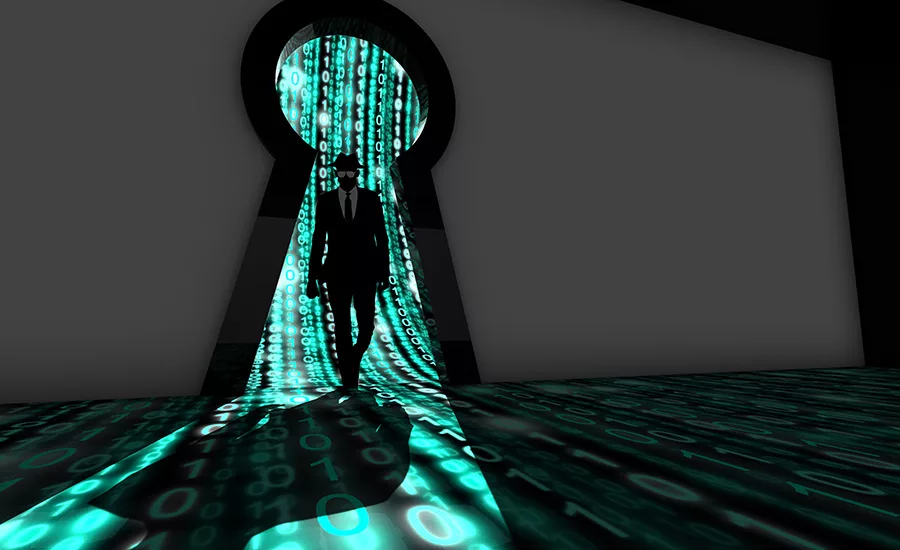Experian Predicts the Top Data Breach Trends for 2020

Experian® has released its seventh annual Data Breach Industry Forecast, which predicts the top five threats businesses and consumers should be aware of in order to keep their information safe.
The 2020 report includes new ways common technology is being used for criminal intent as well as what fresh targets - such as the cannabis industry - will be the most enticing for attacks.
“Hackers are continuing to become more sophisticated with the tools at their disposal to gain control of personal devices and business operating systems,” said Michael Bruemmer, Vice President at Experian Data Breach Resolution. “There has never been a more important time for organizations to be equipped with the knowledge and resources needed to try to prevent and respond to a data breach.”
Experian’s five data breach predictions for 2020 include:
- Cybercriminals will leverage text-based “smishing” identity theft techniques to target consumers participating in online communities. As more Americans continue to join like-minded groups on social media to provide financial support to social causes or political candidates, cybercriminals can solicit unsuspecting consumers with fraudulent messages via SMS text to seek bank account details or other sensitive information.
- Hackers will take to the skies to steal consumer data from devices connected to unsecure networks. As cities install more free public Wi-Fi systems, the more than one million drone devices operating in the U.S. today may be armed with affordable mobile hacking devices to steal sensitive data from consumers and businesses on the streets below.
- Cybercriminals will use deepfake technology to disrupt the operations of large commercial enterprises and create geo-political confusion. Artificial intelligence technology can manipulate C-suite executives and government leaders’ appearance and voice to blur the lines of what is real and what isn’t.
- Burgeoning industries, such as cannabis retailers and cryptocurrency entities will be targeted for cyberattacks as a result of online activism or “hacktivism.” As a form of protest, hackers may seek to gain access to controversial companies’ sensitive data due to their prevalence in society and increased cash flow.
- Cybercriminals will execute a major hack of the mobile point-of-sale platforms used to process transactions. The proliferation of mobile payment options would allow cybercriminals to access payment data over unsecured networks and target large venues such as concerts or major sporting events.
The full report is available here.
Looking for a reprint of this article?
From high-res PDFs to custom plaques, order your copy today!




